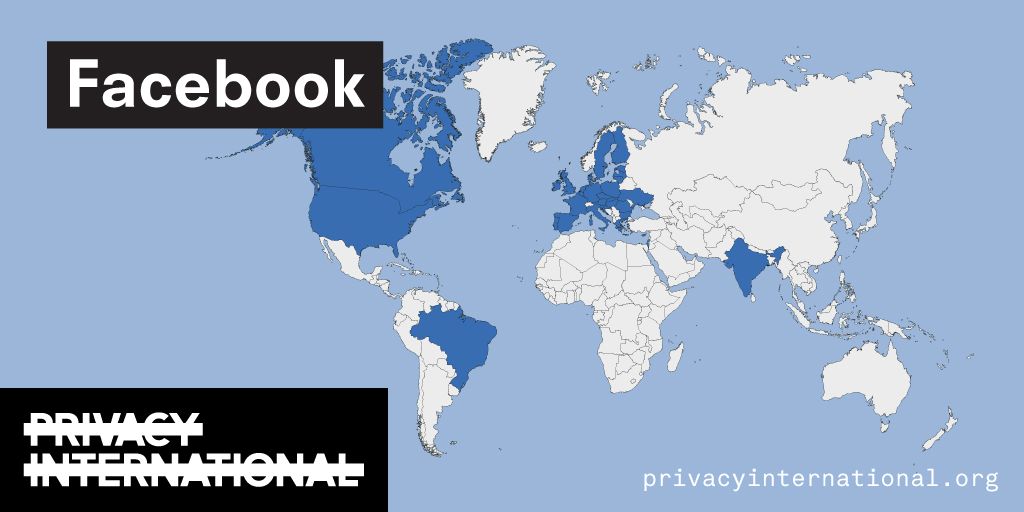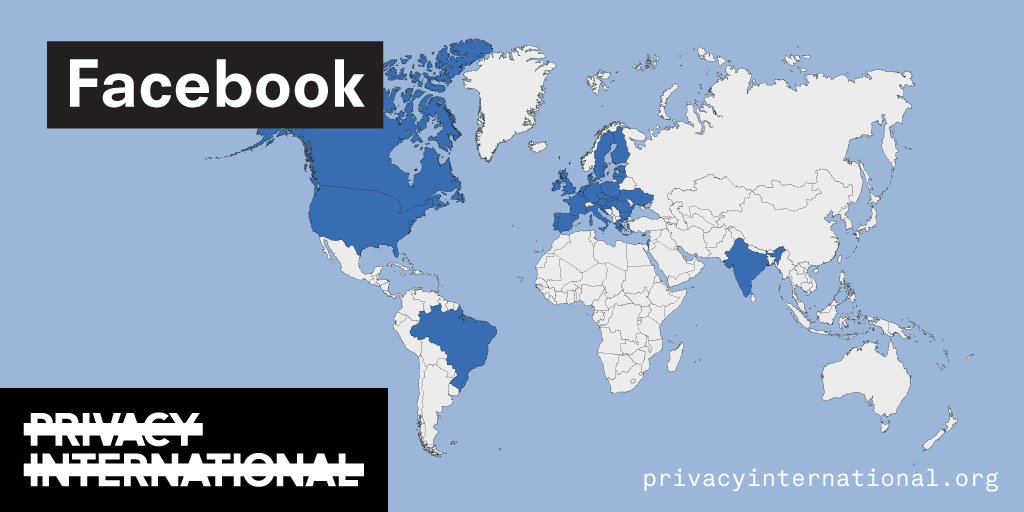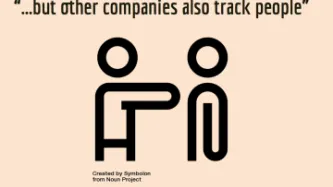Advanced Search
Content Type: Long Read
In June 2025, a team of researchers exposed how Meta and Yandex abused Android and browser-specific tools to track users outside of their application and collect associated data. The technique used to achieve this was truly innovative, and akin to malware behaviour. It exploited protocols to break the isolation between apps and browser, a fundamental security concept meant to protect users. This allowed these companies to tie the browsing history of individuals with their accounts on the…
Content Type: Long Read
Introduction
In August 2019, when Facebook announced a few new features for advertisers such as ads in search, PI decided to take an in-depth look at what features the company offers its users when it comes to understanding its advertising practices. One of these features, which caught our attention is Facebook Ads Preference, a tool that among other things, lists businesses/advertisers that have uploaded your personal data to target you with (or exclude you from) ads on the platform.
Content Type: Long Read
In 2018, following the Cambridge Analytica scandal, Facebook announced the “Download Your Information” feature allowing users to download all the information that the company have on them since the creation of the account. All of it? It doesn’t seem so. Concerns were quickly raised when Facebook released the feature, that the information was inaccurate and incomplete.
Privacy International recently tested the feature to download all ‘Ads and Business’ related information (You can accessed it…
Content Type: Long Read
An analysis of what Facebook, Google, and Twitter have done to provide users with political ad transparency as of September 2019. Our full analysis is linked below.
Recently the role of social media and search platforms in political campaigning and elections has come under scrutiny. Concerns range from the spread of disinformation, to profiling of users without their knowledge, to micro-targeting of users with tailored messages, to interference by foreign entities, and more. Significant…
Content Type: Long Read
In December 2018, Privacy international exposed the dubious practices of some of the most popular apps in the world.Out of the 36 apps we tested, we found that 61% automatically transfer data to Facebook the moment a user opens the app. This happens whether the user has a Facebook account or not, and whether they are logged into Facebook or not. We also found that some of those apps routinely send Facebook incredibly detailed and sometimes sensitive personal data. Again, it didn’t matter if…
Content Type: News & Analysis
In December 2018, we revealed how some of the most widely used apps in the Google Play Store automatically send personal data to Facebook the moment they are launched. That happens even if you don't have a Facebook account or are logged out of the Facebook platform (watch our talk at the Chaos Communication Congress (CCC) in Leipzig or read our full legal analysis here).Today, we have some good news for you: we retested all the apps from our report and it seems as if we…
Content Type: News & Analysis
An investigation released by Privacy International this week reveals the Facebook shut-down Thailand experienced in May 2014, at the height of the military coup, may have had more to do with attempting to surveil online communications, rather than censoring Facebook users. This revelation indicates there could be more to other previous internet shutdowns that have happened during times of political unrest.
In May 2014, following months of protest, the Thai military overthrew the…







